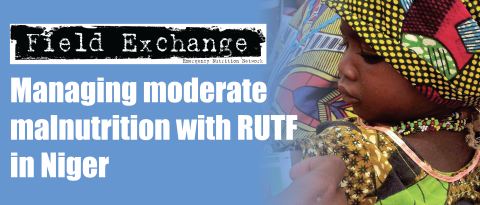Mental Health among Children in Severe Food Shortage Situations

A paper on the 'Mental Health and Psychosocial Well-Being among Children in Severe Food Shortage Situations' has been prepared in a WHO inter-departmental collaboration.
Food shortage contributing to malnutrition and micronutrient deficiency can inhibit intellectual and physical development. In addition, during food crisis, caregivers may be unable to provide psychosocial stimulation for their children due to their own physical or mental ill health.
Psychosocial stimulation refers to the extent that the environment provides physical stimulation through sensory input (e.g., visual, auditory, tactile), as well as emotional stimulation provided through an affectionate caregiver-child bond. Children under two years are particularly vulnerable to nutritional and psychosocial deficits. Nutritional deficiencies and lack of stimulation creates a vicious cycle where a malnourished child becomes less demanding and invites less interaction. Improving both nutritional status and stimulation has an added impact on a child's development and combined nutrition/stimulation interventions should be used.
In terms of micronutrients, both iron and iodine are essential for cognitive development. It is critical to prevent deficiency of either during pregnancy and the first two years of life especially.
Prevention strategies outlined in the paper include:
- Information on appropriate feeding practices and psychosocial stimulation to key groups, including donors and humanitarian aid workers.
- Psychosocial support and education to caregivers, with extra support to caregivers with mental or physical health problems. Improving maternal mental health may be one of the most important interventions for a mother and child in situations of severe food shortage.
- Protection and support of breastfeeding, for its nutritional, anti-infective and motherchild bonding properties
- Ensure all households have adequate quantity and quality of food.
Wherever possible, community or home-based selective feeding programmes with a psychosocial stimulation component should be used to treat malnutrition.
Where centre or health facility based treatment is needed, psychosocial elements should be in-corporated that include:
- Educating caregivers and healthcare providers about the negative consequences of sensory deprivation in a culturally sensitive matter, e.g. practice ofwrapping or tying undernourished children.
- Encouraging the caregiver to be present in the feeding centre and to actively be involved in the feeding and care of the child.
- Encouraging informal child-based play groups and creating a stimulating environment for children.
Guidance on psychosocial stimulation, with examples to improve child-caregiver interaction in programming, are included in the paper, and key resources are listed to support the psychosocial component of inpatient and community based care.
For further information, contact Dr Jodi Morris, email: morrisj@who.int or Dr Mark van Ommeren, Mental Health: Evidence and Research Team,email: vanommerenm@who.int
The paper is available online at: www.who.int/mental_health/mental_health_food_shortage_children2.pdf
Imported from FEX website


